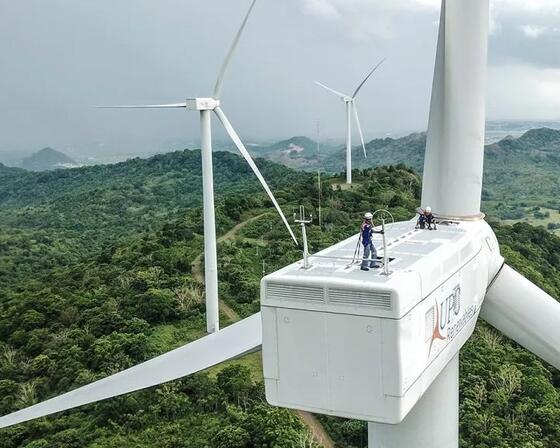Climate finance can contribute towards the transition to net zero by ensuring sustainability, unlocking economic opportunities, managing financial risks, and promoting social equity. By achieving net zero emissions through financial mobilization and policy actions, we can create a resilient, prosperous, and sustainable future for all.

Implementing a Just Transition in Southeast Asia: How Financial Institutions Can Support Fair and Sustainable Growth
The paper examines the key socioeconomic implications of Southeast Asia’s green transition, categorised into three groups: territories, participants, and sectors. It also outlines the critical roles and responsibilities of financial institutions.
Read more

Driving Decarbonisation: Cross-Sectoral Second Order Impacts of High EV Penetration in India
Authors examine the potential consequences to Indian automakers’ financial performance, and to the transportation, power and industry sectors caused by a demand side shock where a share of electric mobility demand equal to 25% of total passenger road transportation by 2030 (DEM25 scenario).
Read more

Mapping Socioeconomic Risks in the Transition to Net-Zero: The Role of Financial Institutions in a Just Transition
How can financial institutions navigate the hidden socioeconomic risks of the net-zero transition? A new paper from the CCFI covers practical steps to safeguard investments and support a just transition, from engaging with governments to providing low-interest loans to SMEs.
Read more

Net Zero Finance Report Card: Recognizing Ambition
The CCFI announces Gold awards for debt and equity financiers making ambitious transitions from fossil fuels to renewable power.
Read more

Do investors reward countries for participating in climate agreements?
The reward is a decline in sovereign bond yields of countries that commit to reducing greenhouse gas emissions under a climate agreement. This decrease is likely due to climate-aware investors incentivising governments for such climate-friendly decisions.
Read more

What is a just transition and how does it affect the financial sector?
A just transition aims to address the adverse socio-economic effects a low-carbon transition might cause, thus preventing or at least mitigating any social harm. It stems from the realisation that a net-zero future would not be possible without appropriate consideration of the social injustices that it might bring.
Read more

Net-Zero Carbon Portfolio Alignment
New research into achieving Net-Zero through active and passive portfolios. The paper outlines a methodology to align portfolios with a science-based carbon budget, consistent with maintaining a global temperature rise below 1.5oC.
Read more

Financial Services and Net Zero: Seizing the Opportunity
An exploration of the role of financial services in decarbonising the British economy.
Read more
A net-zero emissions economic recovery from COVID-19
The COVID-19 emergency has several parallels to the climate emergency. This background paper provides greater detail behind the proposals in a COP26 Universities Network Briefing for UK BEIS.
Read more

Climate Change Investment Risks: Exploring the Implications for Optimal Portfolio Construction
We present in this paper an alternative approach which can be used by institutional investors to assess and manage energy transition risks.
Read more

Going Beyond the Green
We know that low-carbon infrastructure investing is good for the planet, but does it make financial sense for big, mainstream investors?
Read more